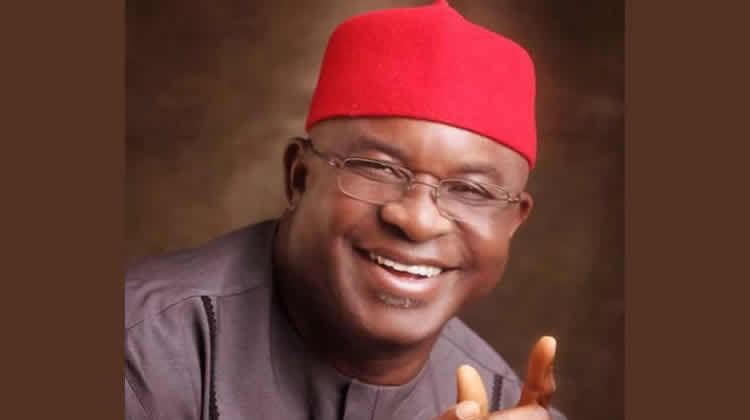The former Senate President, David Mark, currently serving as the Interim National Chairman of the African Democratic Congress (ADC), delivered a stark assessment of Northern Nigeria’s plight. Speaking at the National Political Consultative Group (North) meeting in Abuja, he characterized the pervasive poverty, insecurity, and economic hardship as self-inflicted wounds. He argued that the region’s vast potential, rich in history, resources, and cultural diversity, is being squandered due to internal divisions and a failure to acknowledge responsibility for the current crisis. Mark urged Northern leaders to abandon the blame game and embrace unity and social cohesion as the only path towards genuine progress.
Mark’s keynote address, titled “Unity and Social Cohesion as a Panacea to the Challenges Facing Northern Nigeria,” painted a grim picture of a region grappling with multifaceted challenges. He highlighted the devastating impact of banditry, terrorism, and communal clashes, which have displaced millions, crippled the economy, and transformed villages into battlegrounds. He lamented the alarming rates of illiteracy, unemployment, and poor infrastructure that have left the North the poorest region in the country, despite its abundant resources. He underscored the exploitation of mistrust between ethnic and religious communities by self-serving interests, leading to violent conflicts and hindering collective progress. He contrasted this bleak reality with the North’s historical legacy as a beacon of hope, peace, unity, and development, arguing that a return to these founding principles is essential for overcoming the current travails.
Mark’s central argument revolved around the urgent need for unity and the rejection of divisive rhetoric and actions. He called for a return to an era where mutual respect and shared purpose transcended ethnic, sectional, and religious affiliations. He criticized the current political climate where politicians exploit differences for electoral gain, leaving communities fractured and resentful. He positioned the ADC as a party committed to service over manipulation, emphasizing the importance of fairness in appointments, resource allocation, and opportunities to address the perception of marginalization fueling division. He called for investment in education that promotes tolerance and diversity, urging schools, religious institutions, and the media to play a crucial role in fostering understanding and cooperation.
A key theme in Mark’s address was the interconnectedness of the North’s challenges. He argued that insecurity discourages investment, deepening poverty and fueling desperation and crime. Ethnic divisions weaken the collective ability to demand good governance, while political fragmentation hinders meaningful development. He stressed that breaking this vicious cycle requires a concerted effort to address the root causes of insecurity, poverty, and division. He advocated for empowering the youth, investing in agriculture, and generating employment to combat crime and insurgency. He emphasized the need for dialogue, peace mediation, and forgiveness to heal the wounds caused by conflict and bloodshed.
Mark addressed the issue of security directly, characterizing the current challenges as self-inflicted. He contrasted the North’s current state of insecurity with its past reputation as a safe haven, devoid of armed robbery, kidnapping, and other forms of crime. He pointed to the effectiveness of traditional community policing structures, where villagers protected each other, and advocated for a return to these time-tested practices. He emphasized the need for local solutions, arguing that relying on external interventions will not address the underlying issues.
In his concluding remarks, Mark issued a call to action, urging Northerners to reject hate speech, divisive politics, and the weaponization of ethnicity and religion. He stressed the importance of investing in unifying projects, such as education, healthcare, and infrastructure. He emphasized the need for accountability, both for actions and inactions, and called for a renewed commitment to dialogue, peace, and reconciliation. He urged all Northerners to actively work towards restoring the bond of brotherhood and healing the deep wounds that afflict the region, emphasizing that the North’s future rests solely in the hands of its people.


